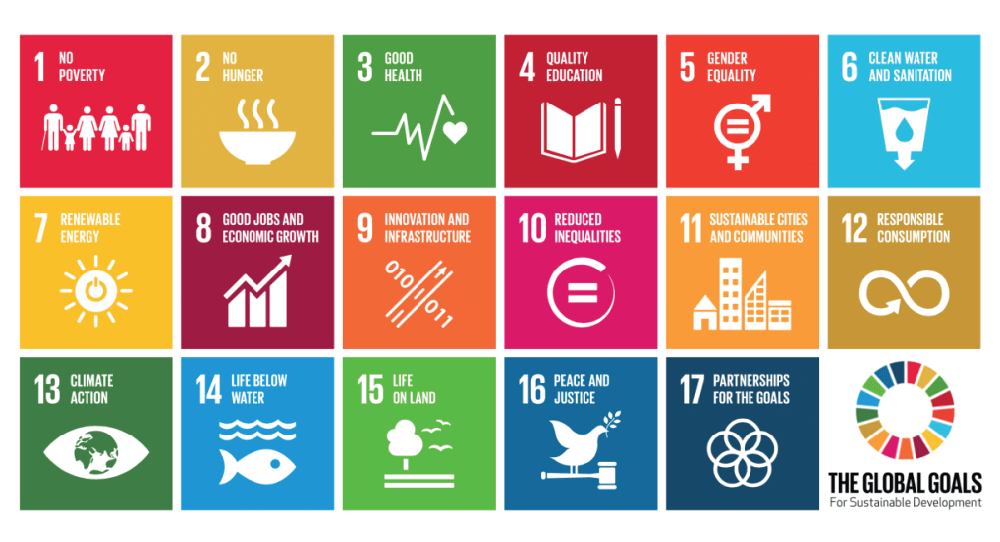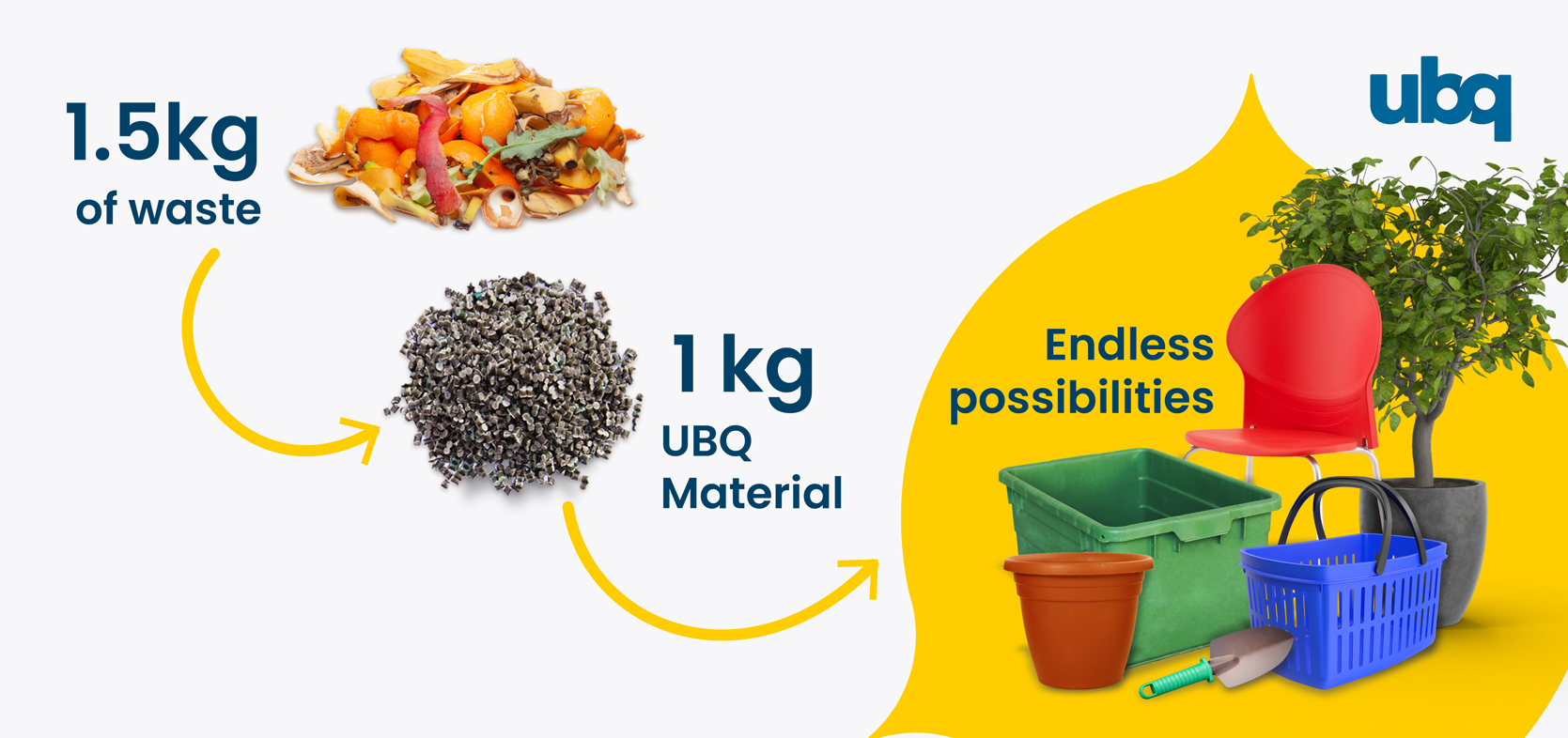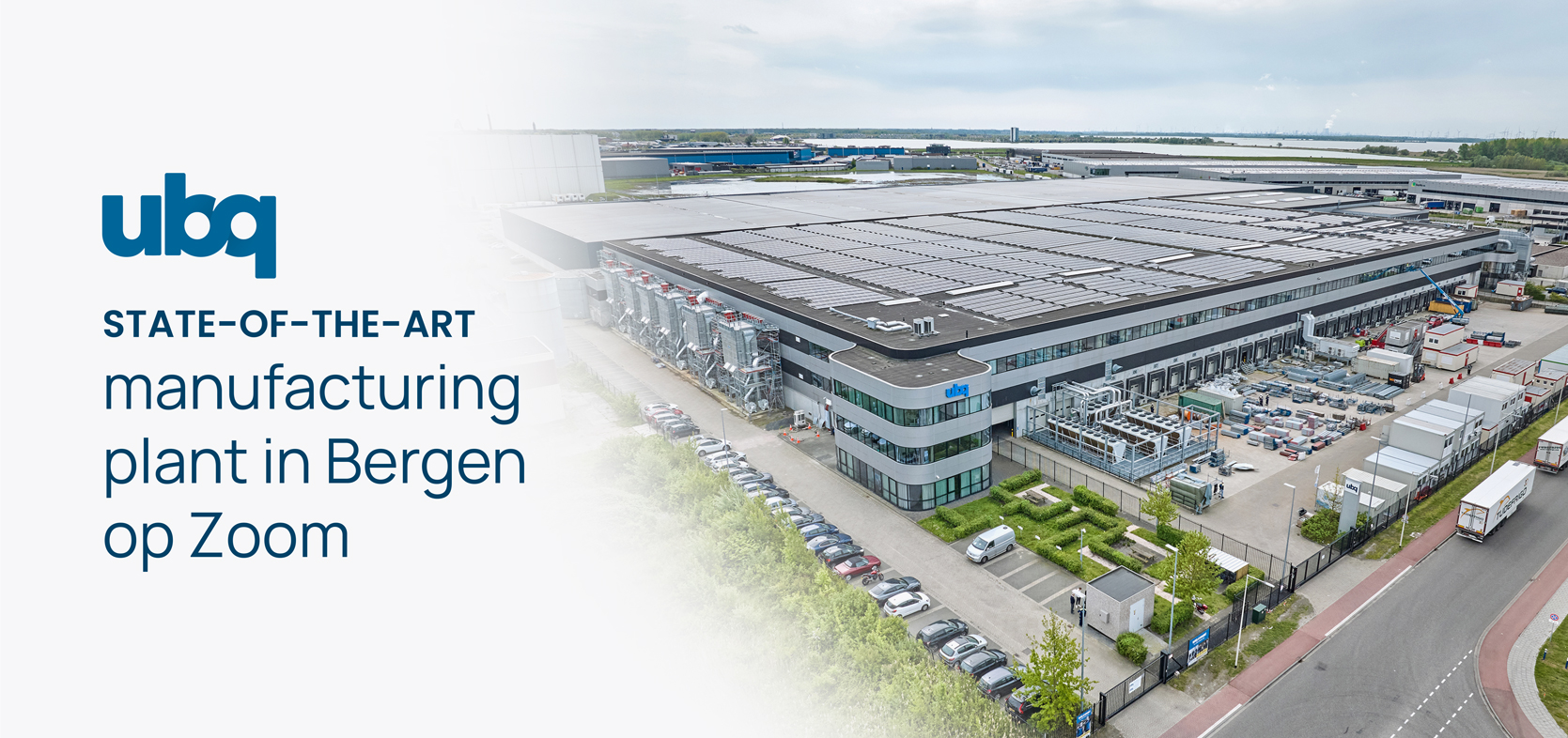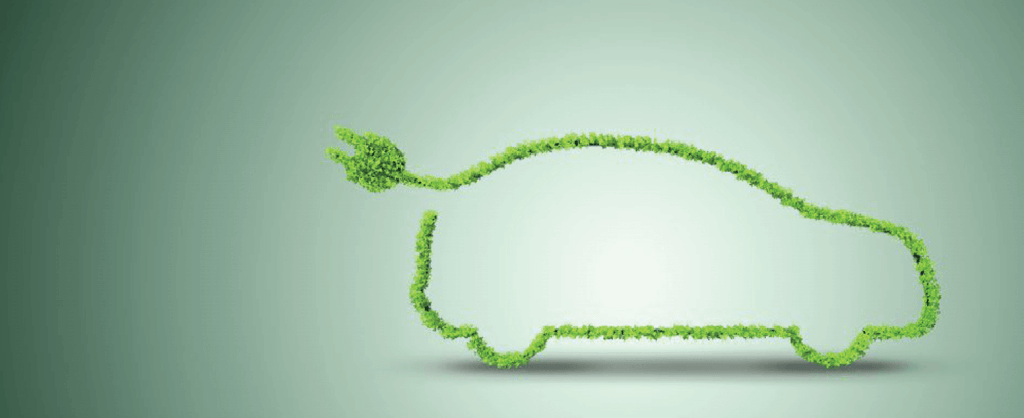Developed in 2015 by the 193 countries of the United Nations, the SDGs lay out 17 goals designed to achieve sustainable development for everyone globally by the year 2030.
In July 2017, the implementation of the sustainable development goals was approved, and global SDG indicators were adopted by the U.N. General Assembly. These global indicators are complemented by indicators developed by Member States at the regional and national levels, emphasizing the importance of achieving sustainable development through investment in infrastructure and financial resources.
Known as the “2030 Agenda,” the 17 SDGs represent an urgent call for developed and developing countries to come together to end poverty and other deprivations while also improving health and education, spurring economic growth, and reducing inequality. Climate change and working to preserve the earth’s oceans and forests are also key sustainable development goals.
The below table maps the 17 Sustainable Development Goals to the ESG (Environmental, Social and Governance) impact:
| Sustainable Development Goal | Description | Impact |
|---|---|---|
| 1. No Poverty | End poverty in all its forms everywhere | Social |
| 2. Zero Hunger | End hunger, achieve food security and improved nutrition | Social |
| 3. Good Health and Well-being | Ensure healthy lives and promote well-being for all ages | Social |
| 4. Quality Education | Ensure inclusive and equitable quality education | Social |
| 5. Gender Equality | Achieve gender equality and empower all women and girls | Social & Governance |
| 6. Clean Water and Sanitation | Ensure availability and sustainable management of water | Environment & Social |
| 7. Affordable and Clean Energy | Ensure access to affordable, reliable, sustainable energy | Environment |
| 8. Decent Work and Economic Growth | Promote inclusive and sustainable economic growth | Governance & Social |
| 9. Industry, Innovation, and Infrastructure | Build resilient infrastructure and foster innovation | Governance & Environment |
| 10. Reduced Inequality | Reduce inequality within and among countries | Social |
| 11. Sustainable Cities and Communities | Make cities inclusive, safe, resilient, and sustainable | Environment & Governance |
| 12. Responsible Consumption and Production | Ensure sustainable consumption and production patterns | Environment, Social & Governance |
| 13. Climate Action | Take urgent action to combat climate change and its impacts | Environment & Governance |
| 14. Life Below Water | Conserve and sustainably use oceans, seas, and marine resources | Environment |
| 15. Life on Land | Protect, restore, and promote sustainable use of ecosystems | Environment |
| 16. Peace, Justice, and Strong Institutions | Promote peaceful societies and provide access to justice | Governance & Social |
| 17. Partnerships for the Goals | Strengthen global partnerships for sustainable development | Governance |
How UBQ Materials Aligns with the SDGs
Of the 17 Sustainable Development Goals, 8 can be mapped to ‘Environmental’ impact. This is where UBQ Materials can directly nurture progress towards the achievement of the SDGs and we can have a direct impact in 6 of them.
Sustainable Development Goal 9: Industry, Innovation, and Infrastructure
SDG 9, Industry, Innovation, and Infrastructure, emphasizes building resilient infrastructure, promoting inclusive and sustainable industrialization, and fostering innovation. Achieving this goal ensures that industries adopt environmentally conscious practices while supporting economic growth and technological advancements.
UBQ™ contributes to sustainable industry and innovation by transforming household waste, including organic and non-recyclable materials, into an advanced, cost-stable raw material. This innovative process reduces reliance on petroleum-based plastics and other extracted resources, offering a lower-carbon alternative for manufacturers. UBQ’s versatile applications in various industries not only enhance manufacturing efficiency but also support the transition to a circular economy, aligning with the principles of sustainability and resilience promoted by SDG 9.
Sustainable Development Goal 11: Sustainable Cities and Communities
SDG 11, Sustainable Cities and Communities, focuses on making urban areas inclusive, safe, resilient, and sustainable. This goal addresses challenges like efficient waste management, sustainable infrastructure development, and resource-efficient urban growth to improve the quality of life in cities while minimizing environmental impact.
UBQ™ supports the development of sustainable cities by revolutionizing waste management and enhancing the availability of resource-efficient materials. By transforming organic and hard-to-recycle waste into a climate-positive composite, UBQ reduces landfill dependency and mitigates greenhouse gas emissions. This innovative material integrates seamlessly into polymers used in building applications, such as roofing and piping, promoting eco-friendly urban infrastructure. UBQ’s contribution helps cities become more resource-conscious and resilient, aligning with the sustainable vision of SDG 11.
Sustainable Development Goal 12: Responsible Consumption and Production
SDG 12, emphasizes sustainable consumption and production patterns to reduce the ecological footprint by changing the way we produce and consume goods. Waste management plays a central role, as inefficient handling of resources leads to significant emissions and pollution, affecting both land and marine ecosystems. Effective waste diversion and recycling are critical to reducing this impact.
According to the United Nations Environment Programme (UNEP), the circular economy offers a transformative approach that prioritizes the continual reduction, reuse, refurbishment, and recycling of products and materials. This approach conserves valuable resources amid rising supply chain disruptions, resource scarcity, and volatile resource prices.
UBQ Materials addresses the challenges of consumption and waste by transforming landfill and incinetator-bound, mixed household waste into UBQ™, a sustainable, bio-based thermoplastic material. This technology closes the loop on waste disposal, enabling manufacturers to reduce reliance on conventional plastics and produce items that retain recyclability and sustainability.. UBQ contributes to more sustainable production patterns by decreasing demand for raw materials and increasing the amount of material recycled. UBQ gives waste a new life!
Sustainable Development Goal 13: Climate Action
SDG 13, Climate Action, focuses on urgent actions to combat climate change and its impact. Poorly managed waste generates a wide range of emissions that contribute to climate change, most significantly from landfills and dumpsites, and black carbon and a range of other emissions from the widespread practice of open burning of waste.
According to the United States Environmental Protection Agency (EPA), municipal solid waste (MSW) landfills are the third-largest source of methane emissions in the U.S. generated by human activity, accounting for approximately 14.4 percent of these emissions in 2022.
UBQ Materials developed a pioneering solution to the growing waste challenge. Through its patented technology, UBQ converts municipal household waste, including organics and hard-to-recycle materials, into a bio-based thermoplastic composite, UBQ™.
Our focus is not just about addressing climate action but contributing to a circular economy that transforms how industries consume resources. UBQ™ is highly recyclable and do not impact the recyclability property of other polymers. More importantly, it is safe for both people and the environment, and reduces reliance on petroleum-based plastics and other extracted materials.
Sustainable Development Goal 14: Life Below Water
SDG 14, Life Below Water, aims to conserve and sustainably use oceans, seas, and marine resources. Pollution from plastics, chemicals, and mismanaged waste severely impacts marine biodiversity and ecosystem services that billions rely on for food, jobs, and climate stability.
The World Economic Forum reports that plastic waste in the ocean is set to increase drastically, with an estimated fourfold rise by 2050 and microplastic levels potentially growing 50 times by 2100. This surge endangers marine life and food chains, pushing some species to the brink of extinction.
By transforming household waste into a new material replacement, UBQ™ helps mitigate marine pollution at its source. UBQ™ helps reduce the amount of non-degradable waste that reaches aquatic ecosystems, supporting life below water by offering a sustainable, circular solution that intercepts waste before it enters vulnerable ecosystems.
Sustainable Development Goal 15: Life on Land
SDG 15, Life On Land, focuses on protecting, restoring, and promoting sustainable use of terrestrial ecosystems. Mismanaged waste and reliance on landfills directly harm biodiversity and soil quality, contributing to land degradation and deforestation.
The Global Environment Facility notes that deforestation and land degradation, often driven by unsustainable resource extraction and waste accumulation, threaten wildlife and reduce carbon sequestration capabilities of forests.
UBQ™ transforms household waste, including organic and non-recyclable materials, into a new raw material that can replace fossil-based plastics, reducing the need for landfill space and mitigating environmental harm to land ecosystems. This circular approach helps conserve natural resources, reduce land pollution, and support biodiversity by reducing the ecological footprint of products traditionally made with extracted materials.
Sustainable Innovation Leading the Way
Companies that positively impact people, the planet, and profit often offer the most exciting sustainable innovations. And experts agree it is these innovators who must use their vast resources and scale to address societal and environmental issues.
Together with disruptive technologies, new mindsets and business models such as a circular economy are what define innovation in the sustainability sphere. What is sustainable innovation? It’s a process where, from idea generation to research and development and commercialization, sustainability considerations are integrated into a company’s systems.
A critical component of sustainability, innovation is now seen as an indicator of which companies are leaders and which are followers. Those who lead know that business as usual is not enough. The reinvention of products and services to achieve market advantages has taken the place of traditional determining factors like cost savings, risk management, and reputation.
The 17 SDGs are invaluable to advancing sustainability goals as they give innovators an awareness of the complicated and interrelated challenges humans face.
Plastics Critical for a Sustainable Future
Light, versatile, and entrenched in modern life, plastic will remain crucial in the foreseeable future. There are great opportunities available for sustainable plastics to be developed and used to bridge the gap of demand while closing the loop between waste to renewable resources. By using household waste destined to landfills or incinerators and giving it a new life, our UBQ™ material supports a more circular economy. UBQ™ can be used as a material replacement or additive to conventional plastics in durable and semi-durable applications and it enables companies to create more sustainable products without extracting new resources from the planet.
Sustainable plastic materials allow companies and manufacturers to shift away from one-way plastic products and move toward sustainable solutions that are climate-positive and emphasize a zero-waste approach.
Transforming the World one SDG at a Time
At first glance, a product like UBQ™ might seem limited to meeting sustainable development goals like responsible consumption and production, climate action, and industry, innovation, and infrastructure. It’s important to keep in mind that all 17 SDGs are related; what’s accomplished in one goal affects the remaining 16. Understanding the human-environment-society linkage between the 17 SDGs enables innovators to identify opportunities that have the greatest impact and are achievable within the next decade.
UBQ believes it’s essential for companies to step up to their sustainability responsibilities. For our part, we’re dedicated to reimagining and reinventing the relationship between sustainability and the health of our people, planet, and profits, continually working to develop economically feasible solutions that advance the 17 sustainable development goals.




